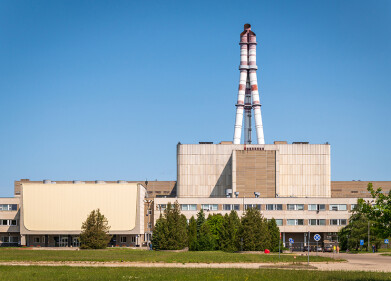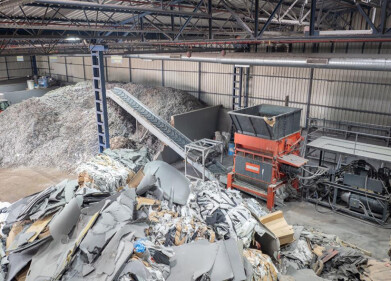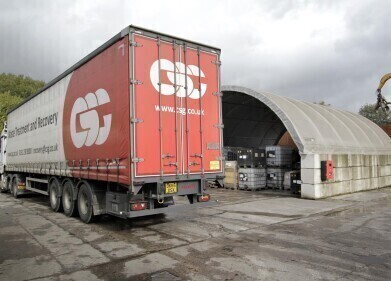Hazardous waste
Where is the World’s Worst Air?
Feb 27 2017
There are some pretty terrible places in the world when it comes to air pollution. If you asked most people where was the worst, you would probably get answers like Delhi, Beijing, or even London. Not so many people would say Onitsha though. Read on to see how the Nigerian city has become the worst in the world for dirty air.
Where on earth?
Indeed, the reason not so many people would answer Onitsha is because they haven’t actually heard of it. The city – in the south of Nigeria – is located on the Eastern bank of the river Niger. It’s about 20 square miles in size, with a population of around 260,000. For comparison, that’s about 3 percent of London’s population and size.
According to the World Health Organisation, Nigeria’s biggest port city is actually the worst in the world for air pollution. More specifically, they are referring to the levels of PM10 in the air. This is the larger form of particulate matter, with particles measuring up to 10 microns in diameter.
PM10 – dangers and causes
Around ten times smaller than the width of a human hair, these PM10 particles are easily small enough to be inhaled by humans. The World Health Organization has a guideline limit of 20 micrograms per cubic metre. Exceeding this can lead to several respiratory diseases, cardiovascular illnesses and even some cancers.
Last year, Onitsha was revealed to have an average concentration of 594 micrograms per cubic metre of air, completely dwarfing the WHO guideline limit. It’s a result of constant open fires, fossil fuel burning and dust from traffic. And it’s made worse by a lack of concern from the government and the public in Onitsha.
Taken too lightly
“The major problem is that we don’t take air pollution seriously in Nigeria,” says Dr Nelson Aluya. “As the population increases and we become more industrialised, we ought to have active air-monitoring agencies and a federal environmental protection agency. We say they are there – but are they active?”
This lack of concern also means doctors and scientists cannot monitor how many deaths are a result of the air quality. “Even in the healthcare sector there is no standardised care to monitor those who have chronic obstructive pulmonary diseases resulting from exposure to bad air, and no standard procedure in hospitals to check for oxygen levels,” explains Dr Aluya.
Treating hazardous waste
There are ways to improve air quality, even in heavily industrialised areas like Onitsha. EnviroMix is an innovative technology that can be used for the treatment and stabilisation of industrial waste. Developed by Polish inventors, it can reduce pollution by 99 percent in one process, as discussed in the article ‘Polish Innovation Comes to the Environment’s Rescue’.
Events
Mar 18 2025 Expo Santa Fe, Mexico
Mar 18 2025 Moscow, Russia
Mar 19 2025 Manila, Philippines
Mar 20 2025 Guangzhou, China
Mar 24 2025 National Harbour, MD, USA














